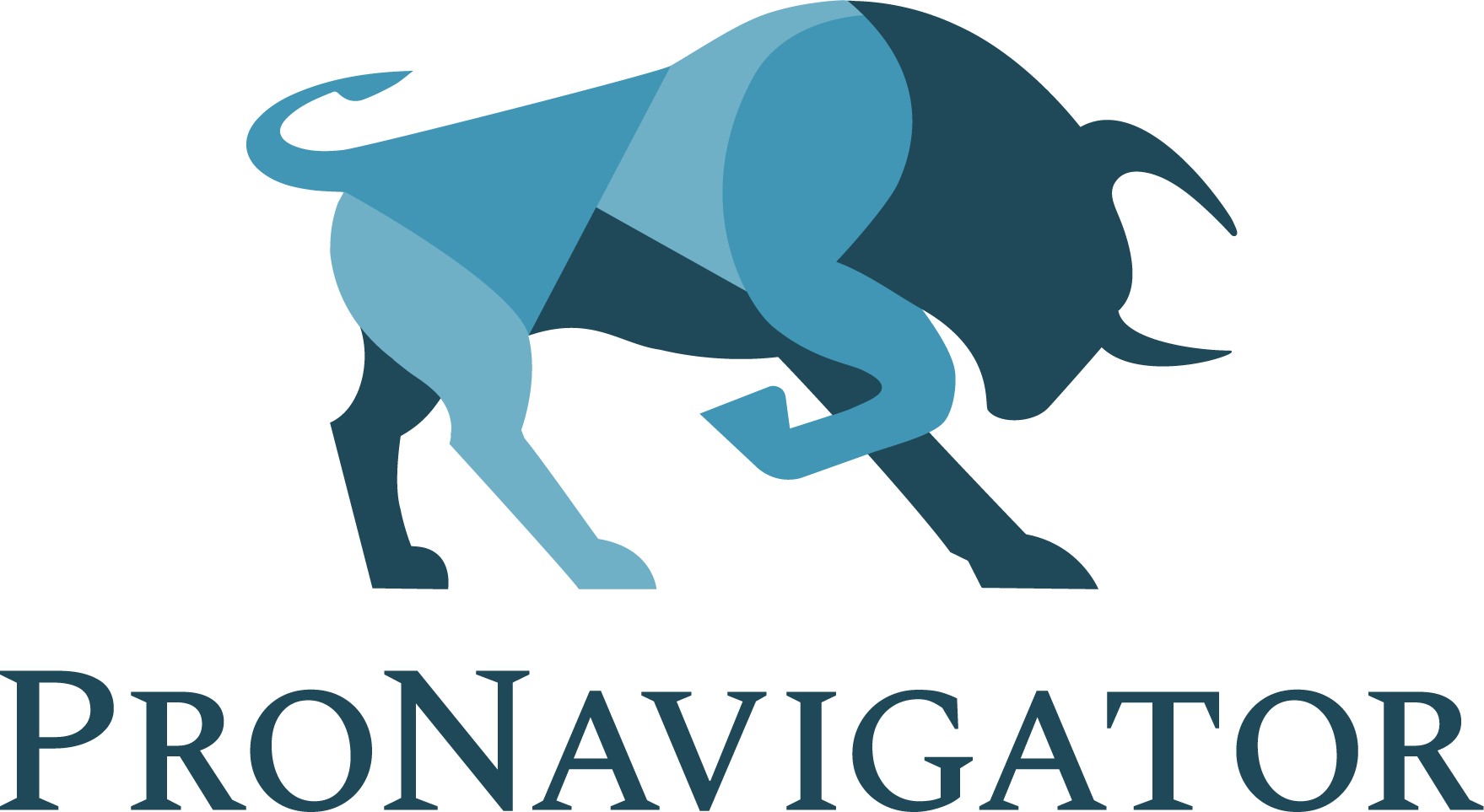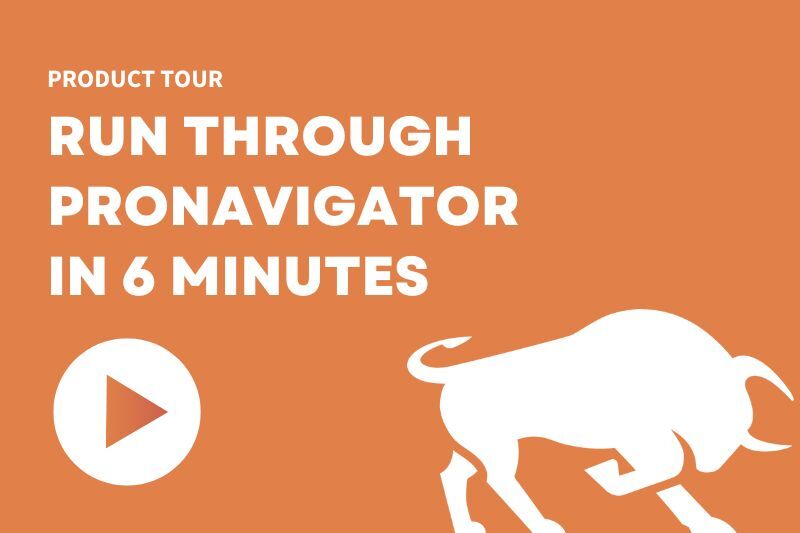
The insurance industry has found itself at a crossroads.
The industry is primarily made up of seasoned Baby Boomers. In fact, a 2021 report states that 74% of the workforce is 55 and older. That means that over the next 15 years, half of the entire insurance workforce will retire.
It’s an open secret in the industry that insurance companies struggle to recruit younger workers. Only 4% of the Millennial generation has ever shown interest in working for an insurance company.
Baby Boomers' impending retirement that will lead to an estimated 400,000 open positions left vacant, which will undoubtedly lead to an insurance industry talent crisis. The industry will need to be ready for change to ride the impending retirement wave.
The Retirement Wave is Coming
A perfect storm of circumstances have led to the impending insurance retirement wave. For one, Baby Boomers’ work ethic has kept those workers in the industry for their entire careers. That means that, for the first time in decades, this group will now be getting ready to leave their jobs.
An unexpected impact of the COVID-19 pandemic was the Great Resignation. Many people resigned from their jobs after remote working conditions caused shifting priorities. While insurance professionals typically report high job satisfaction, many are about to retire.
Insurers successfully kept Baby Boomers in the industry for decades, but Gen Z and Millennials look for different things from their workplaces.
- Baby Boomers are known for a strong work ethic and loyalty to their employer, to the point that some credit them with being the first generation of workaholics. As this group didn’t grow up with vast amounts of technology like Gen Z and Millennials did, they value face time with colleagues over remote work. Baby Boomers are eager to share their expertise with their younger colleagues.
- Gen Z and Millennials don’t want their lives to revolve around work — they want work to revolve around their lives. Younger generations desire an ethical company work-life balance, and the opportunity to contribute to the greater good. If they don’t get that, they won’t hesitate to move on to the next place. As they tend to job-hop more, they haven’t gotten the same opportunity as their predecessors to deepen their professional skill set.
What Does This Mean For the Insurance Industry?
As AgentSync states, carriers are going to pay for the incoming retirement wave — literally. Here’s a number of potential fees to look out for:
- Potential appointment fees for outgoing producers —Mid-sized and enterprise insurance carries likely pay appointment fees for thousands of producers across various states and territories. With so many agents about to retire at once, it's easy to unintentionally renew appointments for producers who no longer need them. Those costs add up.
- Increased human error — Whether it’s due to disengaged employees on their way out or less-seasoned employees still learning, insurance carriers might expect to see more human error across claims and compliance. Oversights across both of these teams can end up being quite costly for carrier
The largest population of professionals retiring leaves the industry with another problem. Younger generations simply don’t respond to the more traditional ways insurance products are marketed and the industry is positioned. That means that the industry needs to become more attractive to Millennials and Gen Z.
With Baby Boomers on their way out, the industry needs to become more agile to survive the impending retirement wave. Gen Zers and Millennials simply have different professional needs and desires than older generations. Insurance companies can cater to this change in needs by showing candidates they value employee wellness.
How to Focus on the Next Generation of Talent
Source: Visual Capitalist
In order to attract younger generations, insurance companies will need to pivot on recruitment strategies and the way they view the employee experience altogether. Here are a few strategies for companies to consider.
Embrace Technology
With the rise of more and more insurtech companies, the insurance industry has seen a mass digital transformation in the last decade. But there are still a lot of companies only in the initial stages of this business process. While technology undoubtedly speeds up a number of processes, digital transformation creates an unusual paradox in the insurance industry.
Professionals are now needing to juggle existing workloads with the new tasks that digital technology has brought them. This can prove to be stressful for anybody.
But the younger generations grew up with technology. In fact, some members of Gen Z may not even remember a time before social media. Millennials and Gen Z alike have grown accustomed to technology being a part of their personal and professional lives.
It might be hard to attract them to your company without a technology stack in your arsenal. But the good news is that those younger employees have the skill sets to help lead digital transformation initiatives.
Create an Individualized Employee Experience
With remote and hybrid work becoming the norm, it's become more challenging to foster a positive workplace culture. So instead of focusing on the employee experience that works for your entire team, start to focus on the individual.
A significant way to put this into effect is by offering flexible work schedules. Allowing employees to mold their work days around picking their kids up from school and attending doctors appointments will boost employee morale. Not to mention that happy employees always means more productive employees.
Embrace Diversity, Equity, and Inclusion (DEI) Initiatives
The concept of DEI has been trending in the insurance industry for a while now. Studies show that customers prefer companies that value social equity and a diverse workforce is more appealing to candidates.
Diversity and inclusion are especially important values to Gen Z and Millennial candidates. Start including these initiatives into the workplace. Something as simple as creating resources for employees to have conversations around DEI topics will go a long way.
Prepare for the Retirement Wave
ProNavigator was created to make insurance professionals’ jobs easier. Our insurance knowledge management platform provides organizations with one source of truth for all the documents and information that drive business. We give your teams the information they need, at the speed they expect.
The future of insurance is here — contact us to find out what we can do for your business.






